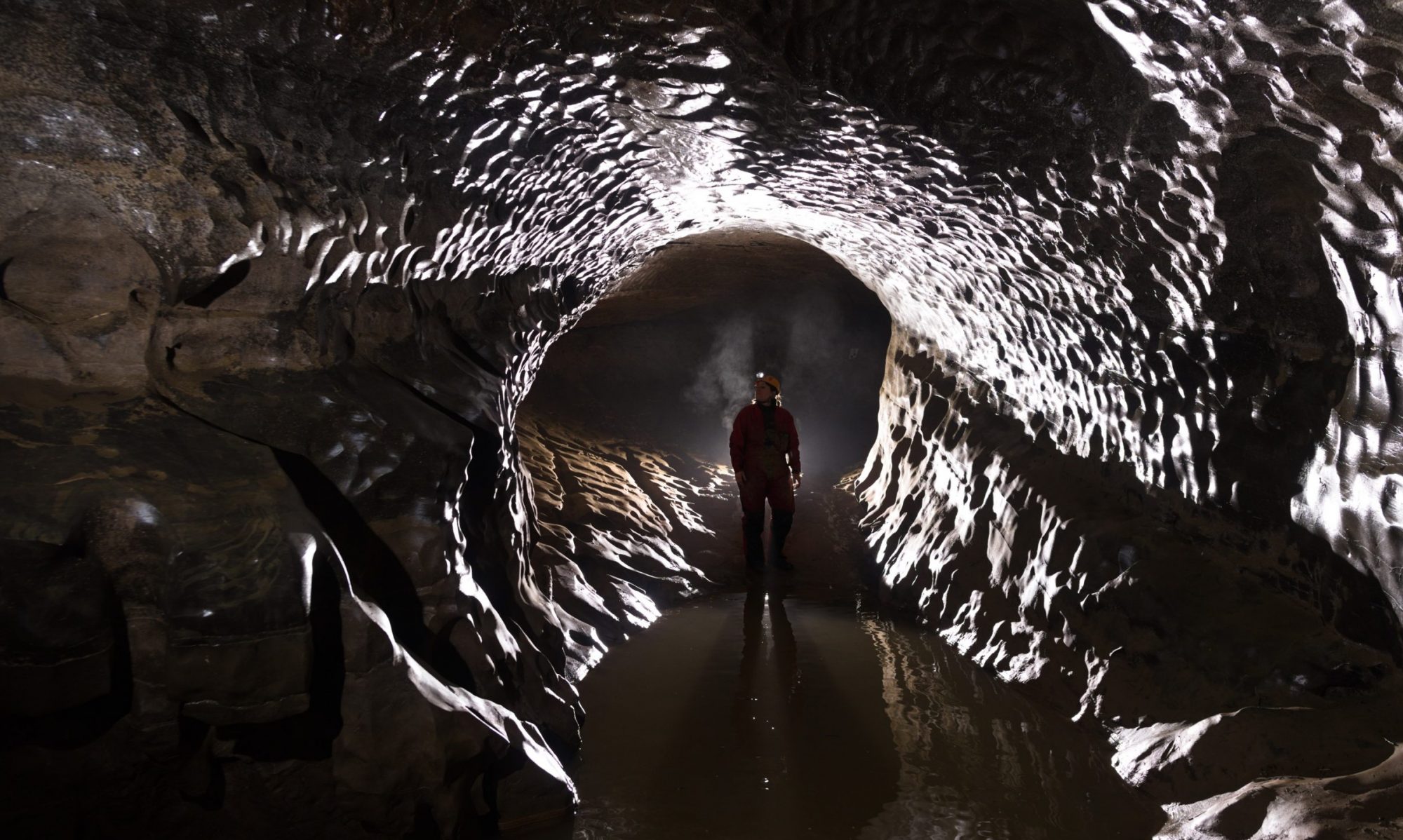The Eurokarst conference welcomes submissions related to:
- Flow and solute transport in karst – observations and models, interactions with stream or porous aquifers, epikarst, unsaturated and saturated zone
- Karst geomorphology and landscape – description, processes, link with hydrogeological features
- Innovative metrology – new instruments, continuous monitoring, flow rate, chemistry, tracers, geophysics, LIDAR, UAV, remote sensing
- Modelling – from simple to complex approaches, including physically based and statistical learning or artificial intelligence methods, from theory to applications
- Speleogenesis and its physico-chemistry – experimental as well as modeling studies
- Characterization of the heterogeneity of karst systems – geology and petrophysics of carbonates, geological heterogeneity, fracturation, geophysics, and spatial statistics
- Water management and protection in karst environments – both case studies and new methodologies
- Deep reservoir exploration and production – water resources, geothermal exploitation, CO2 or hydrogen storage, oil and gas reservoirs
- Mines, tunnels and engineering infrastructure – technical, environmental aspects and risks
- Urban management of risks related to karst – floods, collapse, subsidence
- Contaminant migration and chemical behavior, polluted sites management, and remediation on karst
- CO2 cycle and climate change – karst as a paleoclimate archive and impact of climate change on karst systems
- Cave monitoring and management – protection of cave art and touristic caves
The list is not exhaustive and all contributions to the field are welcome.
Conference philosophy
The Eurokarst conference aims to be a place for open discussions and debate about the latest advances in the domain of Karst science.
We want to offer participants ample time to present their work, its context, as well as the possibility to discuss and exchange with the audience. Significant time is also scheduled for poster sessions.
The authors must submit an abstract, but there is no obligation to submit a full paper. This allows authors to present recent work already published in scientific journals, or their brand new discoveries from the last month. For those who are interested, there will be a possibility to submit a paper to the Advances in Karst Sciences book series published by Springer.
